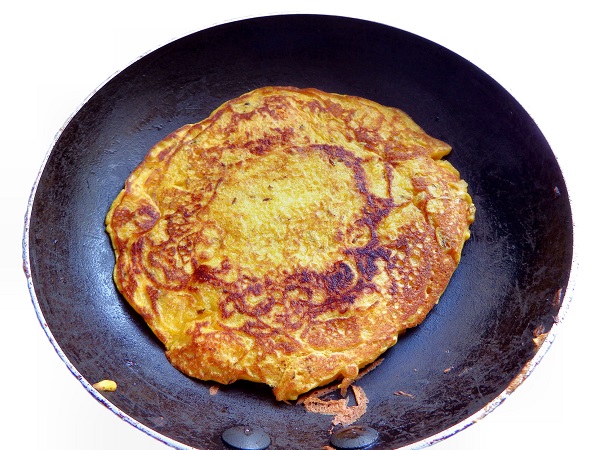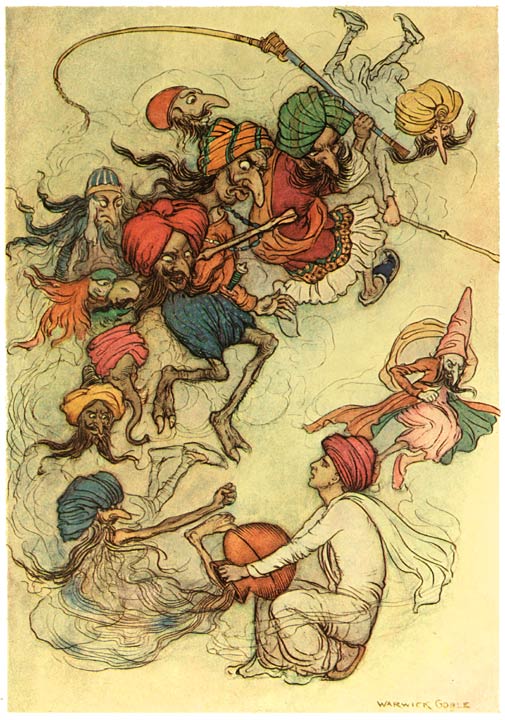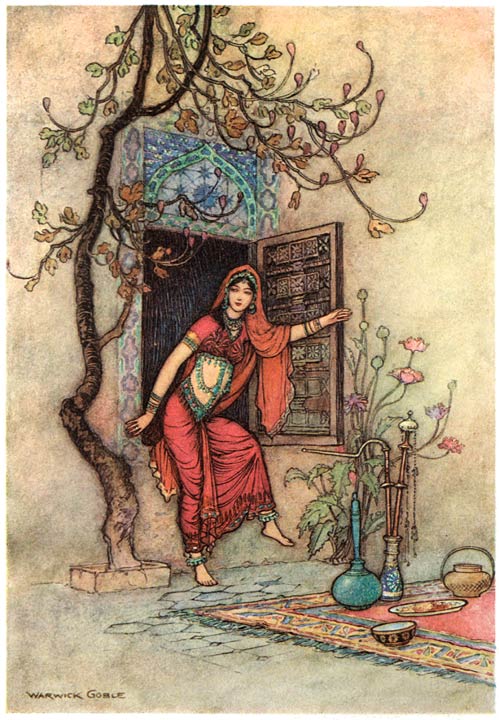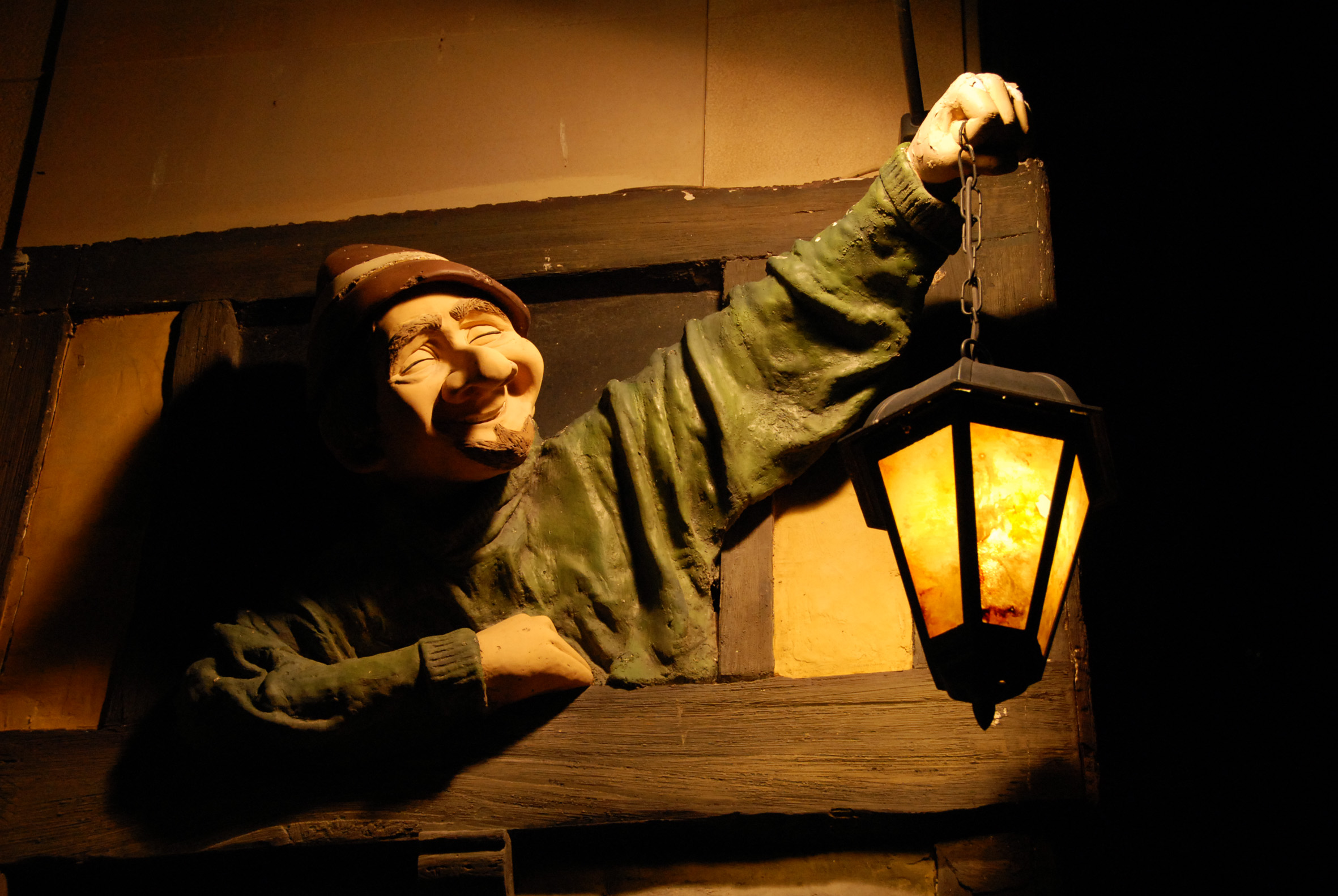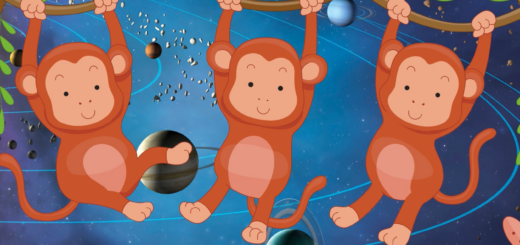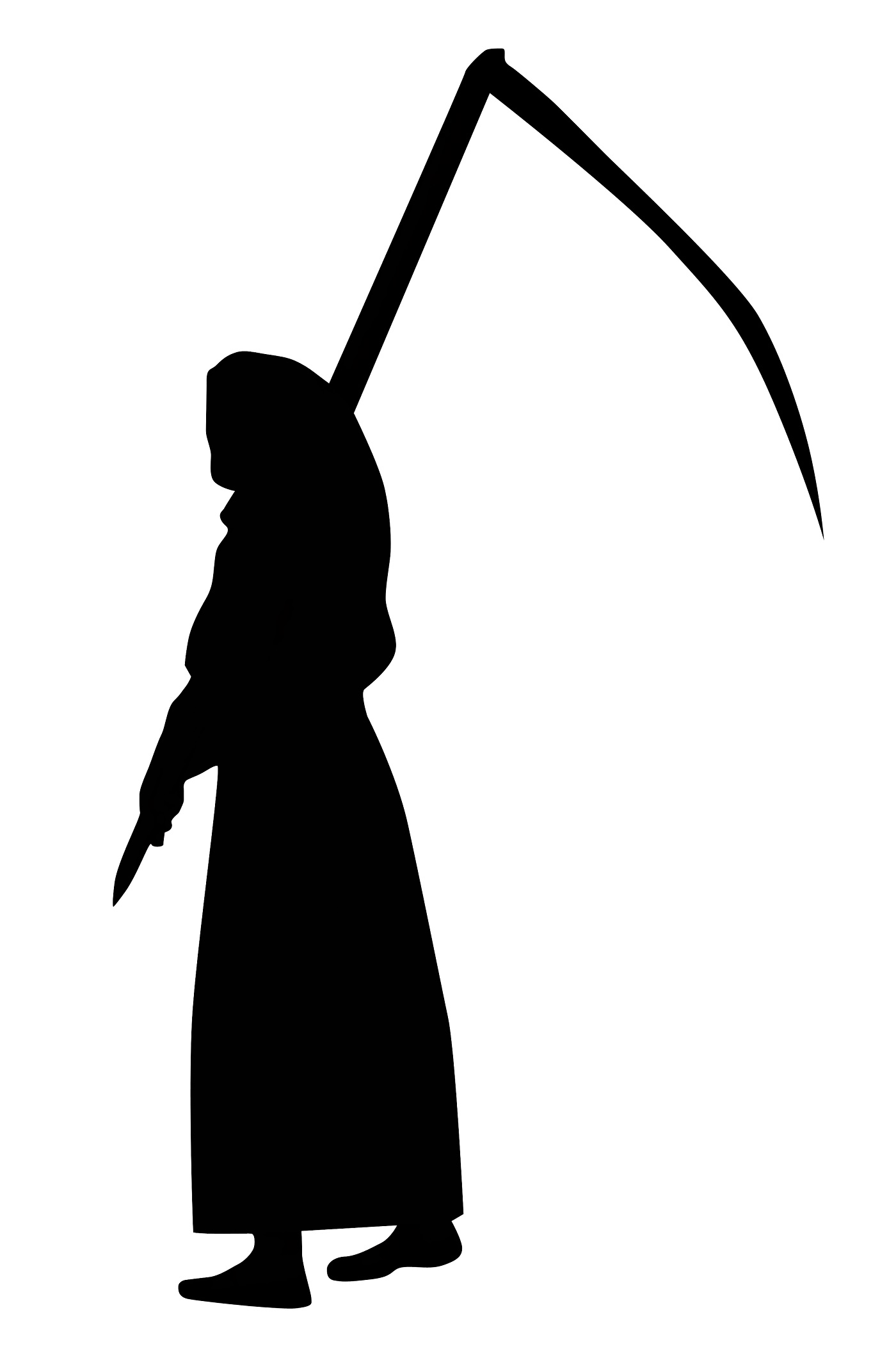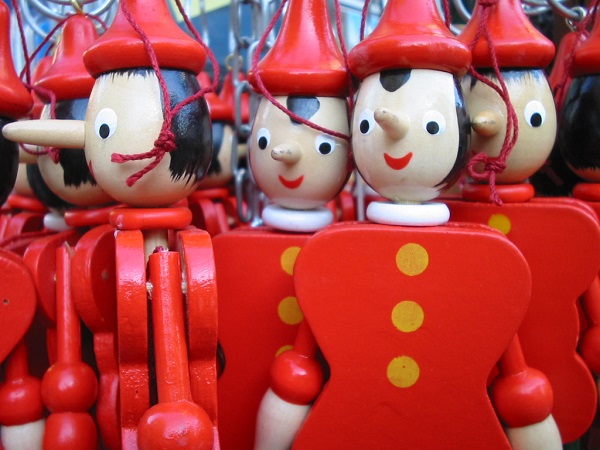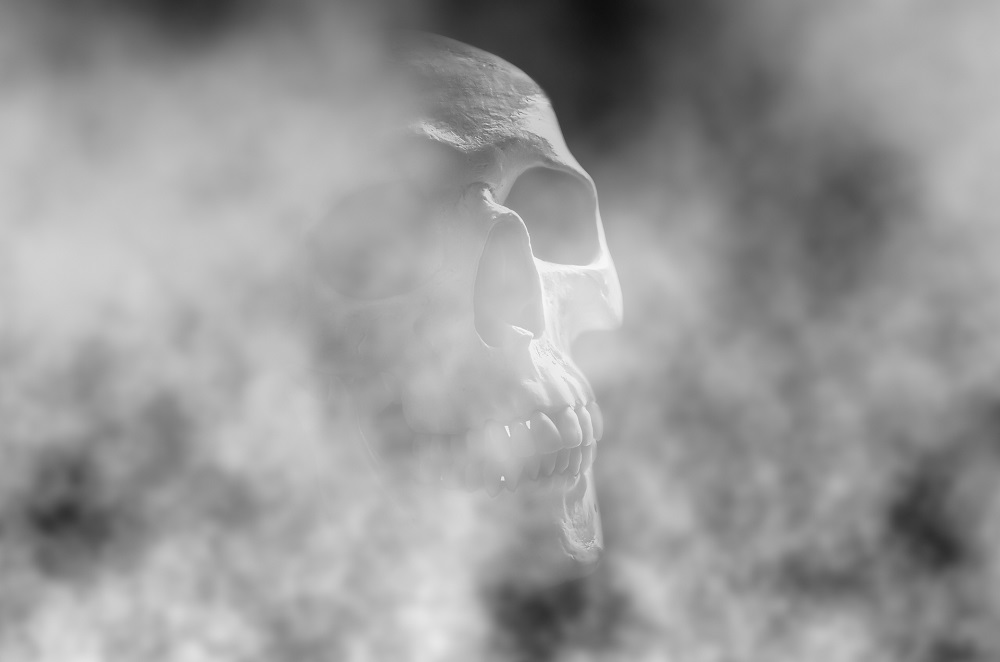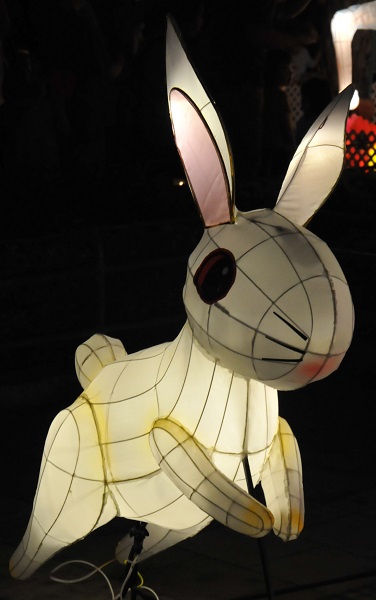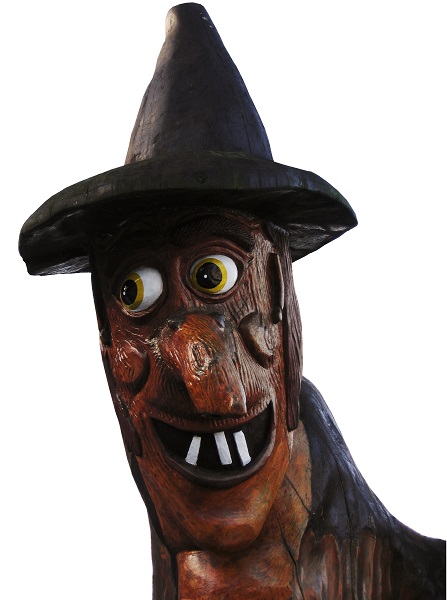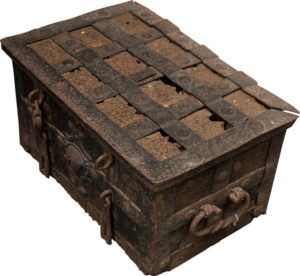Phúlmati Rání, or the Flower Lady (Indian Fairy Tales) collected and translated by Maive Stokes
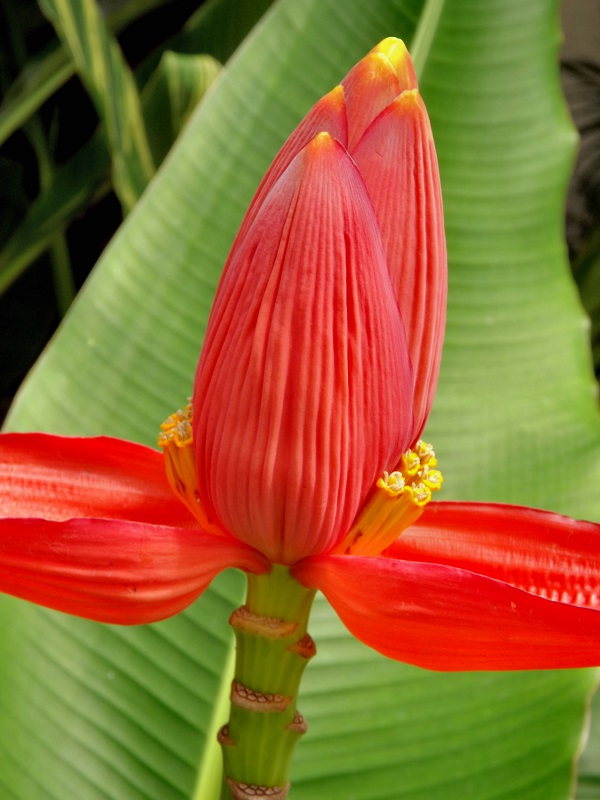
THERE were once a Rájá and a Rání who had an only daughter called the Phúlmati Rání, or the Pink-rose Queen. She was so beautiful that if she went into a very dark room it was all lighted up by her beauty. On her head was the sun; on her hands, moons; and her face was covered with stars. She had hair that reached to the ground, and it was made of pure gold.
Every day after she had had her bath, her father and mother used to weigh her in a pair of scales. She only weighed one flower. She ate very, very little food. This made her father most unhappy, and he said, “I cannot let my daughter marry any one who weighs more than one flower.” Now, God loved this girl dearly, so he went down under the ground to see if any of the fairy Rájás was fit to be the Phúlmati Rání’s husband, and he thought none of them good enough. So he went in the form of a Fakír to see the great Indrásan Rájá who ruled over all the other fairy Rájás. This Rájá was exceedingly beautiful. On his head was the sun; and on his hands, moons; and on his face, stars. God made him weigh very little. Then he said to the Rájá, “Come up with me, and we will go to the palace of the Phúlmati Rání.” God had told the Rájá that he was God and not a Fakír, for he loved the Indrásan Rájá. “Very well,” said the Indrásan Rájá. So they travelled on until they came to the Phúlmati Rání’s palace. When they arrived there they pitched a tent in her compound, and they used to walk about, and whenever they saw the Phúlmati Rání they looked at her. One day they saw her having her hair combed, so God said to the Indrásan Rájá, “Get a horse and ride where the Phúlmati Rání can see you, and if any one asks you who you are, say, ‘Oh, it’s only a poor Fakír, and I am his son. We have come to stay here a little while just to see the country. We will go away very soon.’” Well, he got a horse and rode about, and Phúlmati Rání, who was having her hair combed in the verandah, said, “I am sure that must be some Rájá; only see how beautiful he is.” And she sent one of her servants to ask him who he was. So the servant said to the Indrásan Rájá, “Who are you? why are you here? what do you want?” “Oh, it’s only a poor Fakír, and I am his son. We have just come here for a little while to see the country. We will go away very soon.” So the servants returned to the Phúlmati Rání and told her what the Indrásan Rájá had said. The Phúlmati Rání told her father about this. The next day, when the Phúlmati Rání and her father were standing in the verandah, God took a pair of scales and weighed the Indrásan Rájá in them. His weight was only that of one flower! “Oh,” said the Rájá, when he saw that, “here is the husband for the Phúlmati Rání!” The next day, after the Phúlmati Rání had had her bath, her father took her and weighed her, and he also weighed the Indrásan Rájá. And they were each the same weight. Each weighed one flower, although the Indrásan Rájá was fat and the Phúlmati Rání thin. The next day they were married, and there was a grand wedding. God said he was too poor-looking to appear, so he bought a quantity of elephants, and camels, and horses, and cows, and sheep, and goats, and made a procession, and came to the wedding. Then he went back to heaven, but before he went he said to the Indrásan Rájá “You must stay here one whole year; then go back to your father and to your kingdom. As long as you put flowers on your ears no danger will come near you.” (This was in order that the fairies might know that he was a very great Rájá and not hurt him.) “All right,” said the Indrásan Rájá. And God went back to heaven.
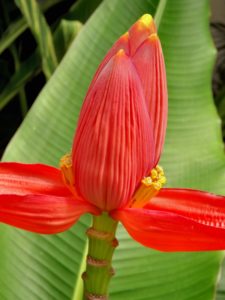 So the Indrásan Rájá stayed for a whole year. Then he told the Rájá, the Phúlmati Rání’s father, that he wished to go back to his own kingdom. “All right,” said the Rájá, and he wanted to give him horses, and camels, and elephants. But the Indrásan Rájá and the Phúlmati Rání said they wanted nothing but a tent and a cooly. Well, they set out; but the Indrásan Rájá forgot to put flowers on his ears, and after some days the Indrásan Rájá was very, very tired, so he said, “We will sit down under these big trees and rest awhile. Our baggage will soon be here; it is only a little way behind.” So they sat down, and the Rájá said he felt so tired he must sleep. “Very well,” said the Rání; “lay your head in my lap and sleep.” After a while a shoemaker’s wife came by to get some water from a tank which was close to the spot where the Rájá and Rání were resting. Now, the shoemaker’s wife was very black and ugly, and she had only one eye, and she was exceedingly wicked. The Rání was very thirsty and she said to the woman, “Please give me some water, I am so thirsty.” “If you want any,” said the shoemaker’s wife, “come to the tank and get it yourself.” “But I cannot,” said the Rání, “for the Rájá is sleeping in my lap.” At last the poor Rání got so very, very thirsty, she said she must have some water; so laying the Rájá’s head very gently on the ground she went to the tank. Then the wicked shoemaker’s wife, instead of giving her to drink, gave her a push and sent the beautiful Rání into the water, where she was drowned. The shoemaker’s wife then went back to the Rájá, and, taking his head on her knee, sat still until he woke. When the Rájá woke he was much frightened, and he said, “This is not my wife. My wife was not black, and she had two eyes.” The poor Rájá felt very unhappy. He said, “I am sure something has happened to my wife.” He went to the tank, and he saw flowers floating on the water and he caught them, and as he caught them his own true wife stood before him.
So the Indrásan Rájá stayed for a whole year. Then he told the Rájá, the Phúlmati Rání’s father, that he wished to go back to his own kingdom. “All right,” said the Rájá, and he wanted to give him horses, and camels, and elephants. But the Indrásan Rájá and the Phúlmati Rání said they wanted nothing but a tent and a cooly. Well, they set out; but the Indrásan Rájá forgot to put flowers on his ears, and after some days the Indrásan Rájá was very, very tired, so he said, “We will sit down under these big trees and rest awhile. Our baggage will soon be here; it is only a little way behind.” So they sat down, and the Rájá said he felt so tired he must sleep. “Very well,” said the Rání; “lay your head in my lap and sleep.” After a while a shoemaker’s wife came by to get some water from a tank which was close to the spot where the Rájá and Rání were resting. Now, the shoemaker’s wife was very black and ugly, and she had only one eye, and she was exceedingly wicked. The Rání was very thirsty and she said to the woman, “Please give me some water, I am so thirsty.” “If you want any,” said the shoemaker’s wife, “come to the tank and get it yourself.” “But I cannot,” said the Rání, “for the Rájá is sleeping in my lap.” At last the poor Rání got so very, very thirsty, she said she must have some water; so laying the Rájá’s head very gently on the ground she went to the tank. Then the wicked shoemaker’s wife, instead of giving her to drink, gave her a push and sent the beautiful Rání into the water, where she was drowned. The shoemaker’s wife then went back to the Rájá, and, taking his head on her knee, sat still until he woke. When the Rájá woke he was much frightened, and he said, “This is not my wife. My wife was not black, and she had two eyes.” The poor Rájá felt very unhappy. He said, “I am sure something has happened to my wife.” He went to the tank, and he saw flowers floating on the water and he caught them, and as he caught them his own true wife stood before him.
They travelled on till they came to a little house. The shoemaker’s wife went with them. They went into the house and laid themselves down to sleep, and the Rájá laid beside him the flowers he had found floating in the tank. The Rání’s life was in the flowers. As soon as the Rájá and Rání were asleep, the shoemaker’s wife took the flowers, broke them into little bits, and burnt them. The Rání died immediately, for the second time. Then the poor Rájá, feeling very lonely and unhappy, travelled on to his kingdom, and the shoemaker’s wife went after him. God brought the Phúlmati Rání to life a second time, and led her to the Indrásan Rájá’s gardener.
One day as the Indrásan Rájá was going out hunting, he passed by the gardener’s house, and saw a beautiful girl sitting in it. He thought she looked very like his wife, the Phúlmati Rání. So he went home to his father and said, “Father, I should like to be married to the girl who lives in our gardener’s house.” “All right,” said the father; “you can be married at once.” So they were married the next day.
One night the shoemaker’s wife took a ram, killed it, and put some of its blood on the Phúlmati Rání’s mouth while the Rání slept. The next morning she went to the Indrásan Rájá and said, “Whom have you married? You have married a Rakshas. Just see. She has been eating cows, and sheep, and chickens. Just come and see.” The Rájá went, and when he saw the blood on his wife’s mouth he was frightened, and he thought she was really a Rakshas. The shoemaker’s wife said to him, “If you do not cut this woman in pieces, some harm will happen to you.” So the Rájá took a knife and cut his beautiful wife into pieces. He then went away very sorrowful. The Phúlmati Rání’s arms and legs grew into four houses; her chest became a tank, and her head a house in the middle of the tank; her eyes turned into two little doves; and these five houses, the tank and the doves, were transported to the jungle. No one knew this. The little doves lived in the house that stood in the middle of the tank. The other four houses stood round the tank.
One day when the Indrásan Rájá was hunting by himself in the jungle he was very tired, and he saw the house in the tank. So he said, “I will go into that house to rest a little while, and to-morrow I will return home to my father.” So, tying his horse outside, he went into the house and lay down to sleep. By and by, the two little birds came and perched on the roof above his head. They began to talk, and the Rájá listened. The little husband-dove said to his wife, “This is the man who cut his wife to pieces.” And then he told her how the Indrásan Rájá had married the beautiful Phúlmati Rání, who weighed only one flower, and how the shoemaker’s wife had drowned her; how God had brought her to life again; how the shoemaker’s wife had burned her; and last of all, how the Rájá himself had cut her to pieces. “And cannot the Rájá find her again?” said the little wife-dove. “Oh, yes, he can,” said her husband, “but he does not know how to do so.” “But do tell me how he can find her,” said the little wife-dove. “Well,” said her husband, “every night, at twelve o’clock, the Rání and her servants come to bathe in the tank. Her servants wear yellow dresses, but she wears a red one. Now, if the Rájá could get all their dresses, every one, when they lay them down and go into the tank to bathe, and throw away all the yellow dresses one by one, keeping only the red one, he would recover his wife.”
The Rájá heard all these things, and at midnight the Rání and her servants came to bathe. The Rájá lay very quiet, and after they all had taken off their dresses and gone into the tank, he jumped up and seized every one of the dresses,—he did not leave one of them,—and ran away as hard as he could. Then each of the servants, who were only fairies, screamed out, “Give me my dress! What are you doing? why do you take it away?” Then the Rájá dropped one by one the yellow dresses and kept the red one. The fairy servants picked up the dresses, and forsook the Phúlmati Rání and ran away. The Rájá came back to her with her dress in his hand, and she said, “Oh, give me back my dress. If you keep it I shall die. Three times has God brought me to life, but he will bring me to life no more.” The Rájá fell at her feet and begged her pardon, and they were reconciled. And he gave her back her dress. Then they went home, and Indrásan Rájá had the shoemaker’s wife cut to pieces, and buried in the jungle. And they lived happily ever after.
Told by Dunkní at Simla, July 25th, 1876.
If you liked this story, leave me a comment down below. You might also enjoy other stories by Maive Stokes. Join our Facebook community. And don’t forget to Subscribe!
